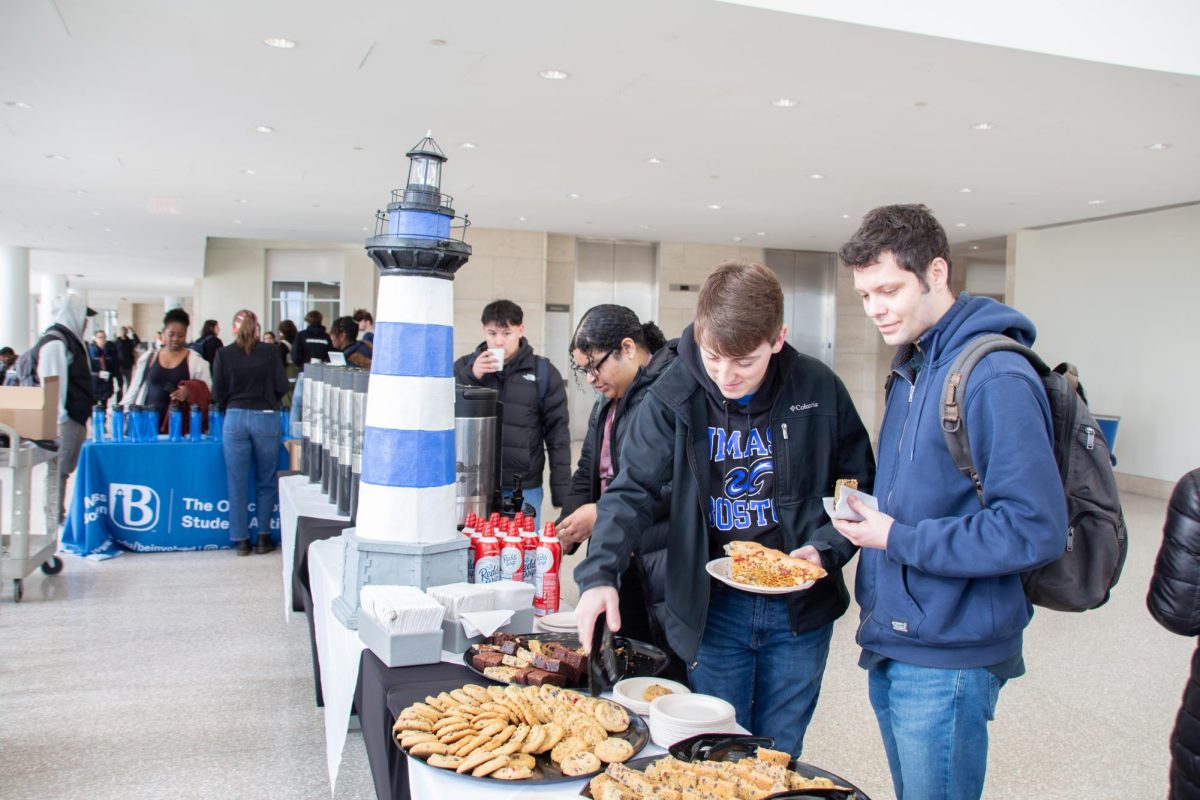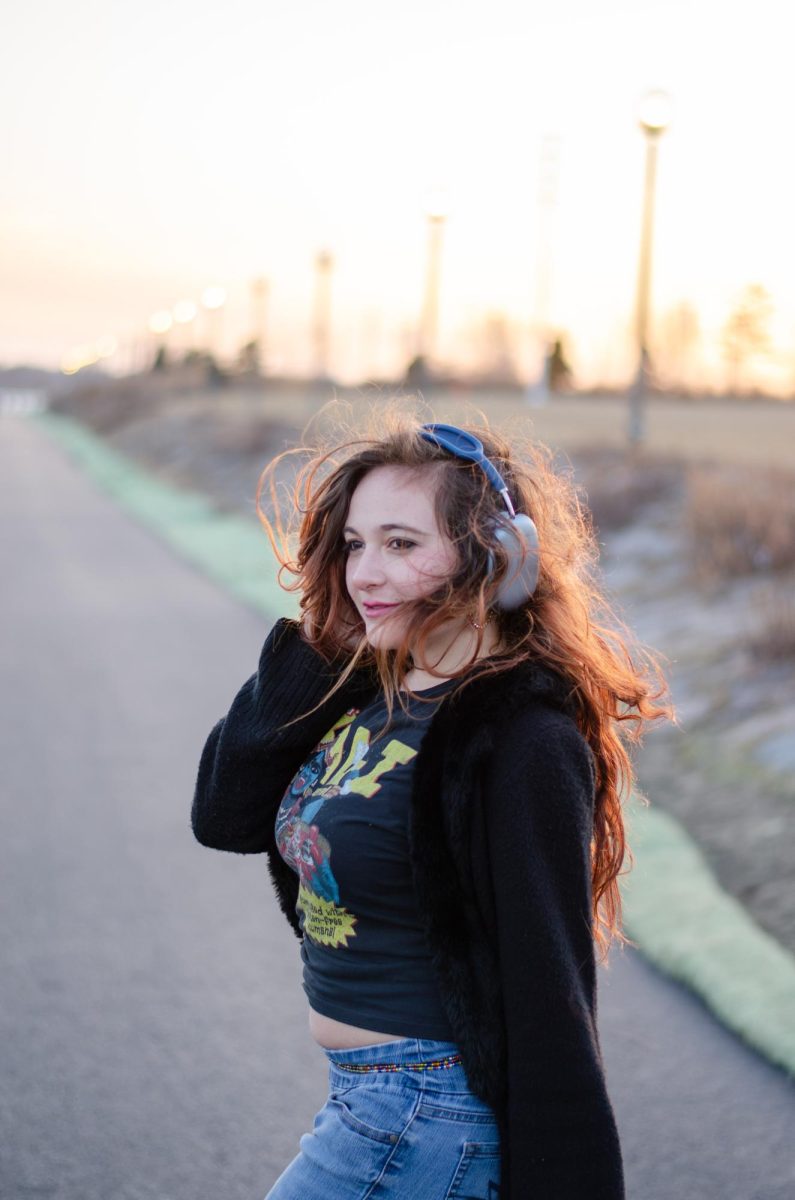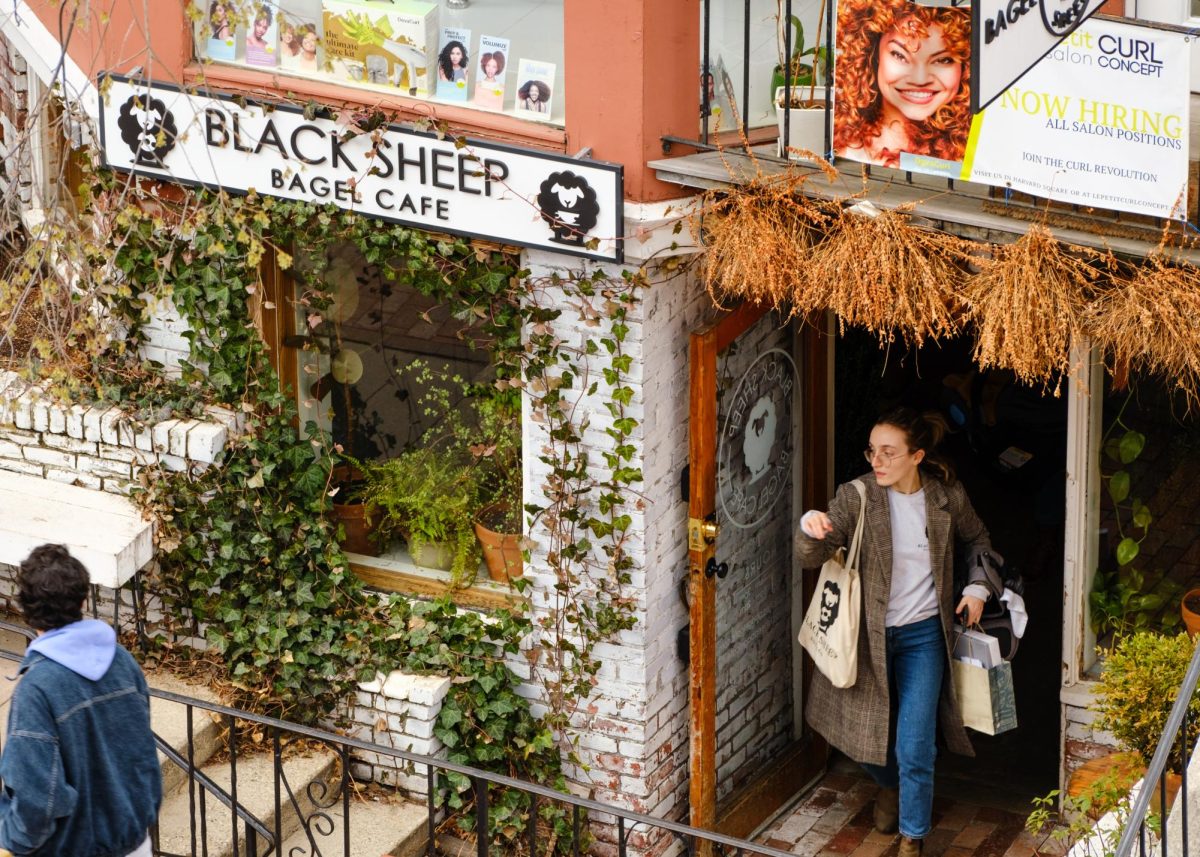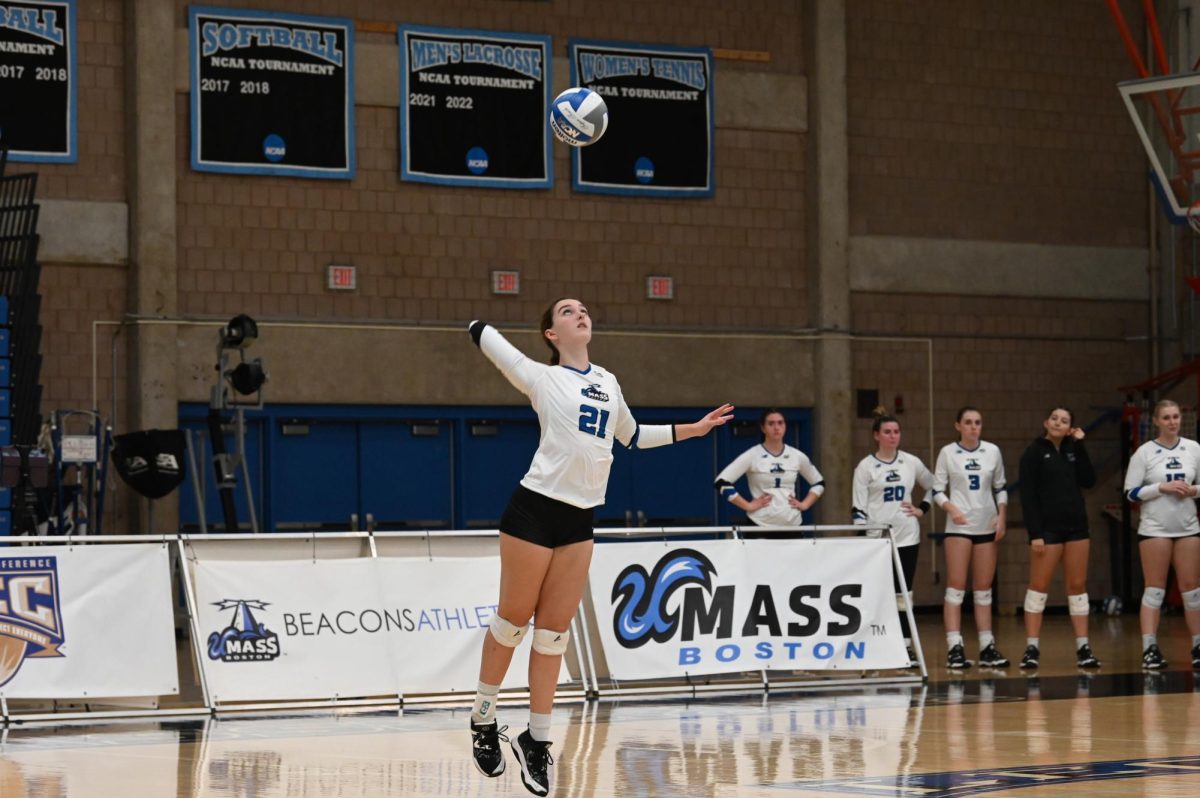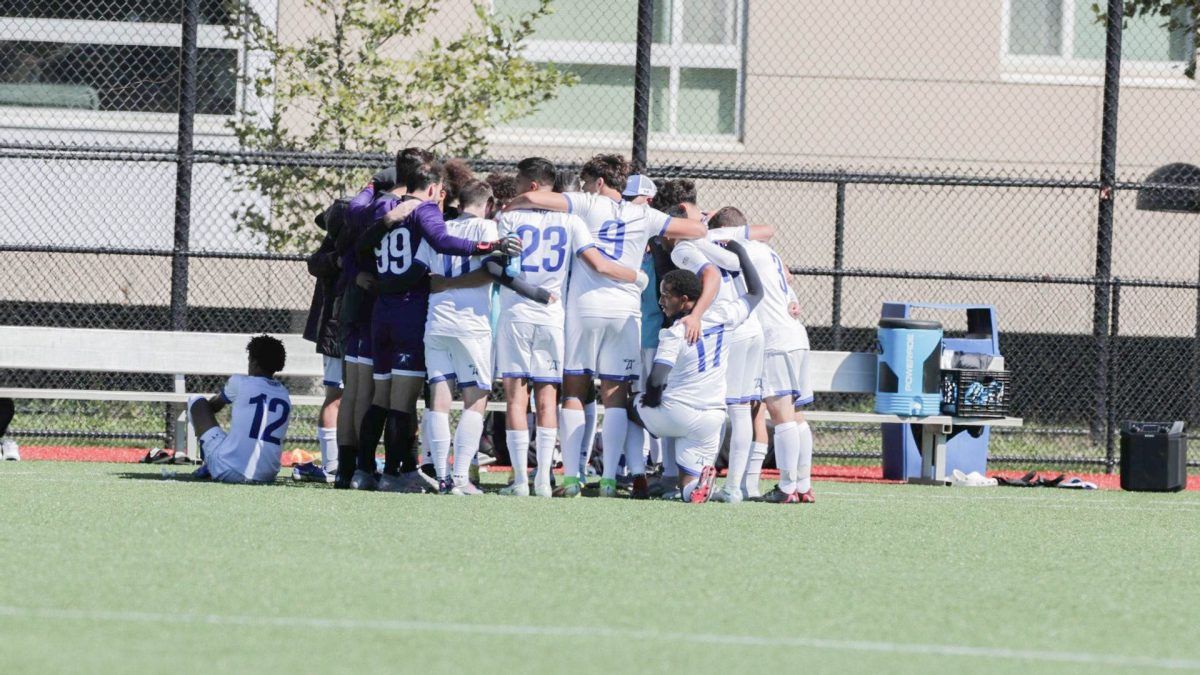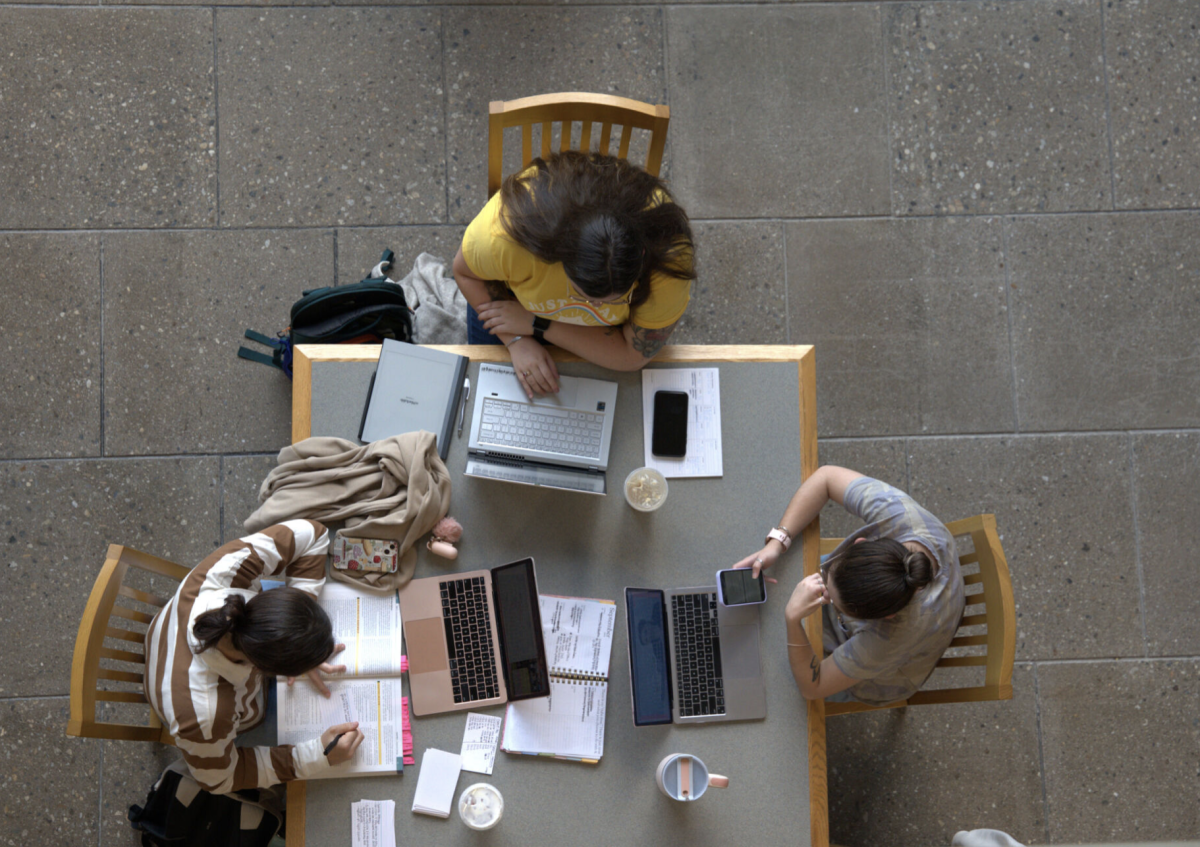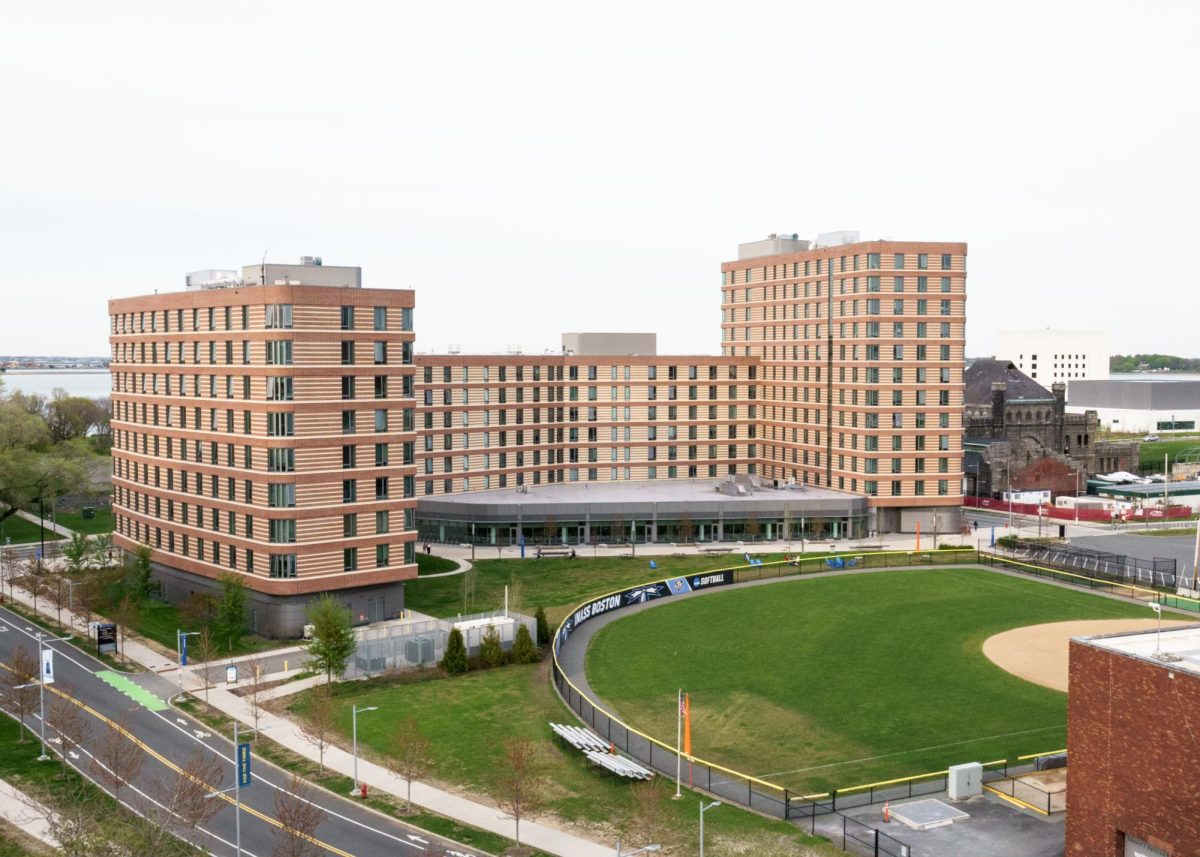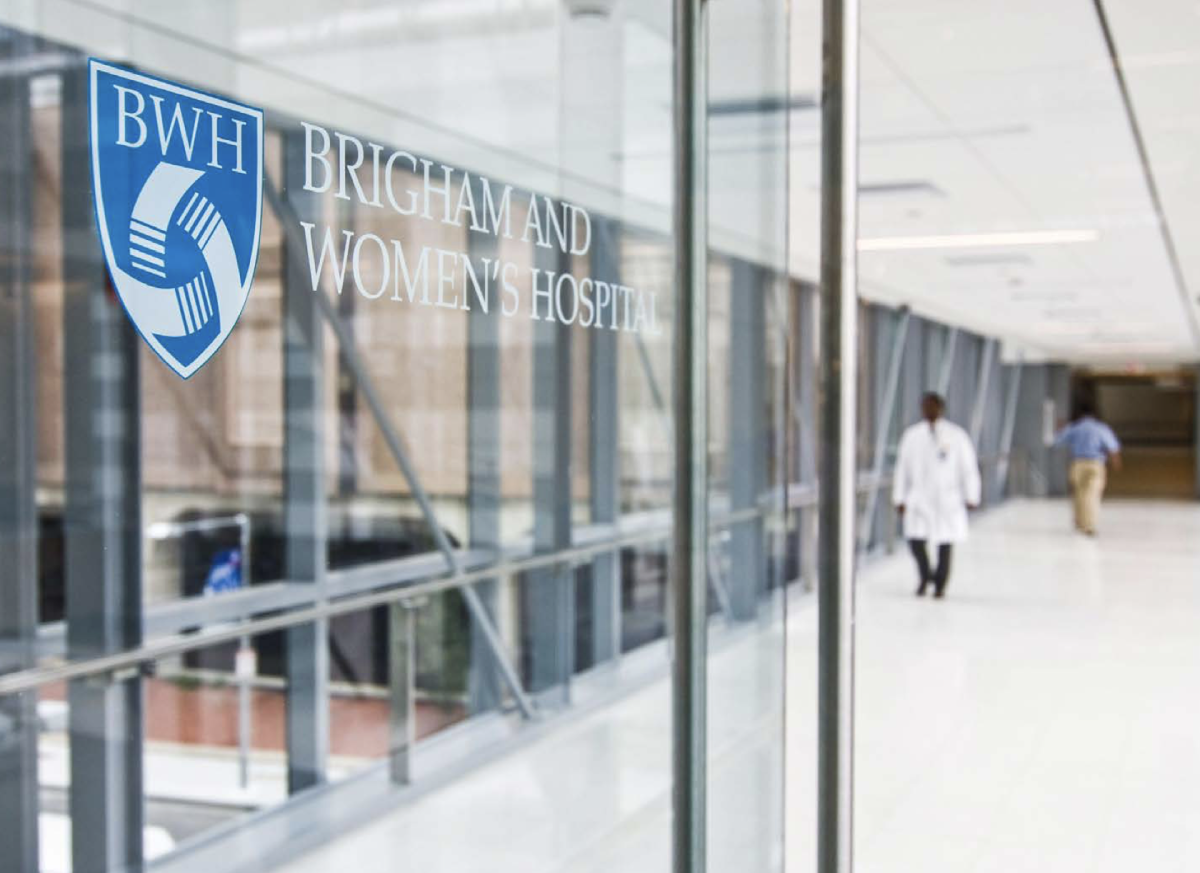Divided Cities Conference Held at UMass
April 21, 2009
The mission of UMass Boston is to use the university as a tool to serve people of “a great urban society through outstanding teaching, research and service.” The McCormack Graduate School of Policy (MGS) studies takes this abstract notion to task in its daily endeavors to build a smoothly functioning society. This past week from Monday, April 13th to Thursday April 16th, they yet again proved
their utility to the world at large as they partnered with the American Ireland Fund to host an international conference that in form took a vastly different approach to the typical method’s of third party conflict mediation. The conference titled “The Forum for Cities in Transition” and advertised around campus via the giant brown “Divided Cities” posters was created with the intention of bringing together casually members of both sides of the divide in cities that have been violently split apart due to cultural or political reasons to see if the obstacles and solutions from one city can offer models of
transition for others.
According to the mad MGS scientist behind the plan, Moakley Chair of Peace and Reconciliation Professor Padraig O’Malley’s the conference rose to the task of uniting opposing groups from 4 different cities around the world that have historically been hubs of violence and are on different paths according to the current severity of the division between its peoples. Derry/Londonderry was held up as a model for a city that in spite of not being able to agree on its name unites both groups in order to get things done to benefit the whole population. Representatives such as various city councilors, mayors, peace group facilitators, and citizen leaders attended the conference from Kirkuk, Irag, Nicosia, Cyprus, Mitrovica Kosovo and Mitrovica Serbia, Derry/Londonderry and Belfast Northern Ireland. The point of the meeting was to see if three days of interaction with “other” leaders “have been of sufficient depth to convince them that they have much to learn from each other,” and to see if they would like to set up a permanent annual Forum for Cities in Transition . In our own backyard of Boston, not too long ago we went through what was nearly a civil war in the conflict that developed over Boston’s bussing program in the 1970s.
Cities are naturally hubs for intrastate conflict. They have seen proportionally greater destruction then their rural counterparts and are often the earliest to resort to violence when differences collide. The method of separation from the “other” blocks compassion and cooperation from segregated groups turns neighbors into enemies as suspicion of threats replace acceptance of diversity. According to the UN’s Universal Declaration of Human Rights, it is our obligation to work towards a better world where all humans “can enjoy freedom of speech and belief and freedom from fear and want”. All universities that proclaim to serve these highest ideals of humanity- that noble urge to emerge from our worldly scourge of violence, fear, and discord are in the middle of a Hermetic experiment. One in which it is our job to discover how we can each embrace ourselves as demigods and apply our loftiest inspirations directly into society. Our task is not merely to just observe, but to work to end present conflicts.
At the close of the panel discussion Thursday it was announced that the forum for cities in transition will become an annual event, with the next one to be held in the fiercely divided but on the mend city of Mitrovica.










